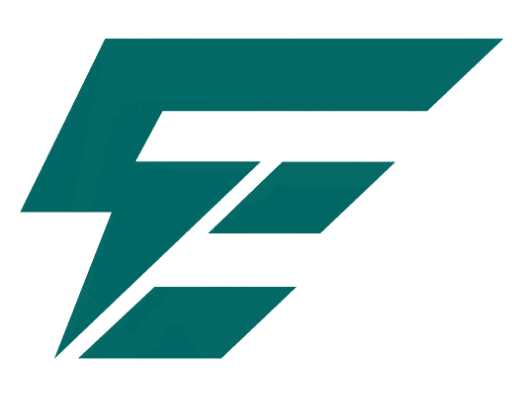The DC motor industry features several prominent manufacturers, each bringing unique strengths and specializations to various sectors, including aerospace, medical, automotive, and industrial applications. This comprehensive guide examines the top five DC motor manufacturers, their core offerings, and market positioning.
Top DC Motor Companies
1. Maxon
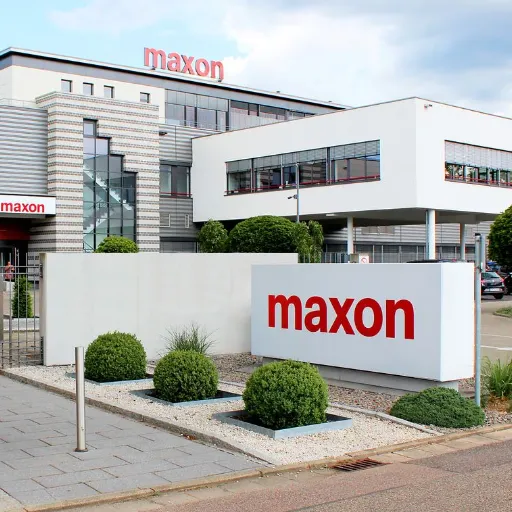
| Company Information | Details |
|---|---|
| Year Founded | 1961 |
| Origin | Switzerland |
| Website | www.maxongroup.com |
Introduction: Established in Switzerland, Maxon is well-known for their accurate DC motors and precise drive systems, which are employed within the aerospace, medical and industrial sectors.
Main Products: In terms of exactitude, manufacturers of T. Dec (direct current) motors, gearheads, encoders, and boards, and electric drives.
Key Advantages
In these respects, Maxon products feature unique capabilities such as ultra-precise positioning capability in all axes, extremely long operational life, and the ability to operate in harsh environments.
Key Disadvantages
It’s considered more expensive than most of the similar products on the Market.
2. Faulhaber Group

| Company Information | Details |
|---|---|
| Year Founded | 1947 |
| Origin | Germany |
| Website | www.faulhaber.com |
Introduction: In Germany, the market leader in producing micro and nano motors for robotics, automation, medical, and other such areas.
Main Products: Their most common products are their DC brush motors, DC brushless motors, linear motors, motion controllers, and stepping motors.
Key Advantages
The size of these motors is less bulky than that of traditional technology; a significant portion of the energy intake is converted by the motor into motive energy through high efficiency, and a wider range of customization is available.
Key Disadvantages
Focusing on niche markets might not fit all industrial needs.
3. Johnson Electric
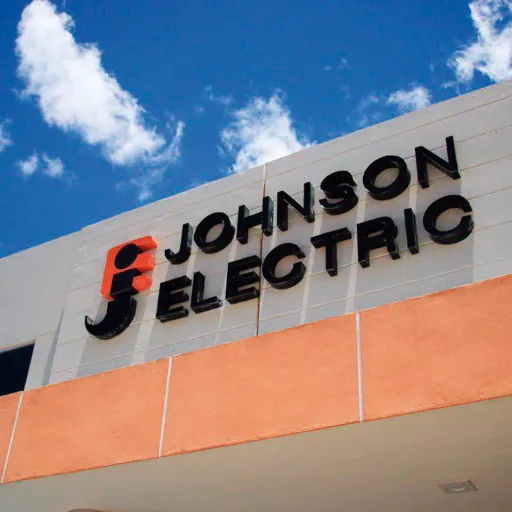
| Company Information | Details |
|---|---|
| Year Founded | 1959 |
| Origin | Hong Kong |
| Website | www.johnsonelectric.com |
Introduction: Johnson Electric, headquartered in Hong Kong, is a global leader in motion products, including DC motors for automotive and industrial uses.
Main Products: DC motors, solenoids, actuators, and motion systems.
Key Advantages
Extensive product range and cost-effective solutions for large-scale production.
Key Disadvantages
It may have fewer high-end specialized products compared to premium manufacturers.
4. AMETEK, Inc.
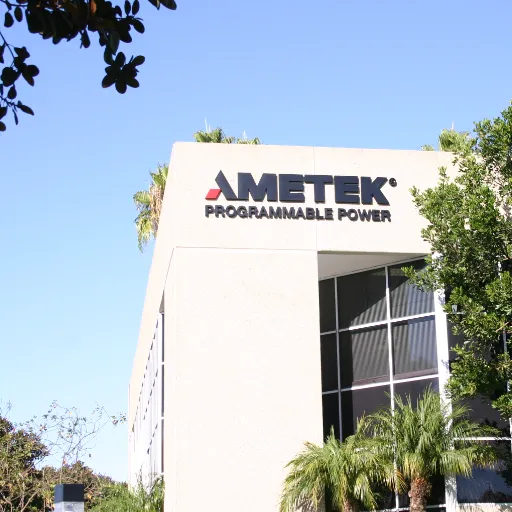
| Company Information | Details |
|---|---|
| Year Founded | 1930 |
| Origin | United States |
| Website | www.ametek.com |
Introduction: AMETEK is one of the major industrial distribution companies that offers efficient DC solutions throughout the US market sector.
Main Products: Brush and brushless DC motors, servo motors, and motor controllers.
Key Advantages
Reliable products with strong performance in industrial settings.
Key Disadvantages
It may be less known for consumer-grade motor applications.
5. Nidec Corporation
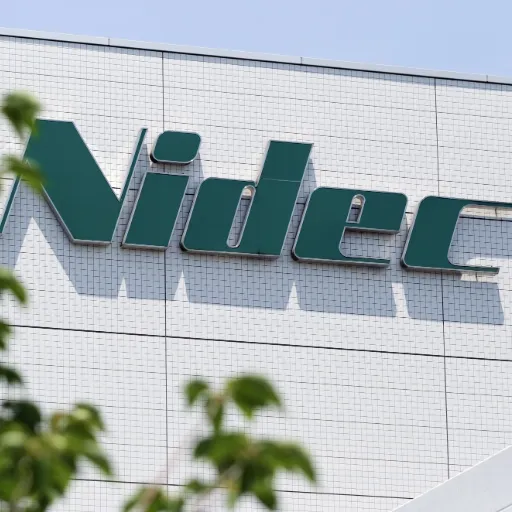
| Company Information | Details |
|---|---|
| Year Founded | 1973 |
| Origin | Japan |
| Website | www.nidec.com |
Introduction: Headquartered in Japan, Nidec has a huge following owing to the motor technologies that cater to a collection of DC motors presented in automotive appliances.
Main Products: Brushless DC motors, precision motors, and motor-related components.
Key Advantages
Extensive global presence and a diverse product portfolio.
Key Disadvantages
Standardized solutions may lack specialization in certain markets.
Company Comparison Overview
| Company | Founded | Origin | Specialization | Market Focus |
|---|---|---|---|---|
| Maxon Group | 1961 | Switzerland | Precision DC Motors | Aerospace, Medical, Industrial |
| Faulhaber Group | 1947 | Germany | Micro & Nano Motors | Robotics, Automation, Medical |
| Johnson Electric | 1959 | Hong Kong | Motion Products | Automotive, Industrial |
| AMETEK, Inc. | 1930 | United States | Industrial Solutions | Industrial Applications |
| Nidec Corporation | 1973 | Japan | Motor Technologies | Automotive, Consumer |
Reference Sources
-
Comparative analysis of electric motor drives employed for EV applications
- Key Findings: This paper provides a comprehensive review of AC and DC motor drives used in electric vehicles (EVs). It highlights the advantages and limitations of DC motors in terms of efficiency, torque, and speed control compared to AC motors.
-
The Future of Permanent-Magnet-Based Electric Motors
- Key Findings: The current research underlines how the brushless DC motors have evolved over brushed DC motors that are conventionally used in many applications. For example, it also sheds light on the innovative strategies that manufacturers such as MAHLE have developed when creating efficient and robust electric motors for their use in cars.
Frequently Asked Questions (FAQs)
Q: How do I choose the right DC gear motor for my application?
A: Inadequate selection of Direct Current (DC) gear motors is driven by various considerations, like load requirements, operating speed, application specifics, to mention just a few. For instance, if you are getting a motor designated as a winch or hoist, you might need a high-torque motor, and of course, a strong frame. It is also necessary to consider which gear motor is more efficient, taking into account the planetary or spur gear and space limitations. To this end, it is pertinent that customers contact such manufacturers to offer an optimal solution for their requirements — providing an overall quality design and adaptable work for their projects, as shown in the case below.
Q: What is the role of a controller in DC motor systems?
A: Having a controller is one of the most essential components in determining the performance of any DC motor (brushless and brushed). It influences the motor’s speed, torque, and rotation, and enables exact motion control according to the user’s needs. Environmentally stringent solutions, such as controllers for non-industrial motors or applications requiring low vibration, also require special attention. Most OEMs collaborate with motor manufacturers, with their efforts aimed at enhancing motor performance through the development of integrated solutions. Knowing the specifications of the controls will help you design and operate motor-driven systems accurately.
Q: What should I look for in quality craftsmanship from DC motor manufacturers?
A: In the process of producing direct current (DC) motors, working to a high standard would generally require paying attention to a sequential schematic outlining the motor’s construction and the motor assembly itself, and completing each section until the desired assembly standards are reached. When looking for manufacturers, it would be wise to select companies that have been certified under ISO, as this means that they have a very effective quality system in place. Also, pay attention to the different types of materials that are used; the enhancement of specific values, such as efficiency in a brushless DC motor with the help of permanent magnets, is very promising.
